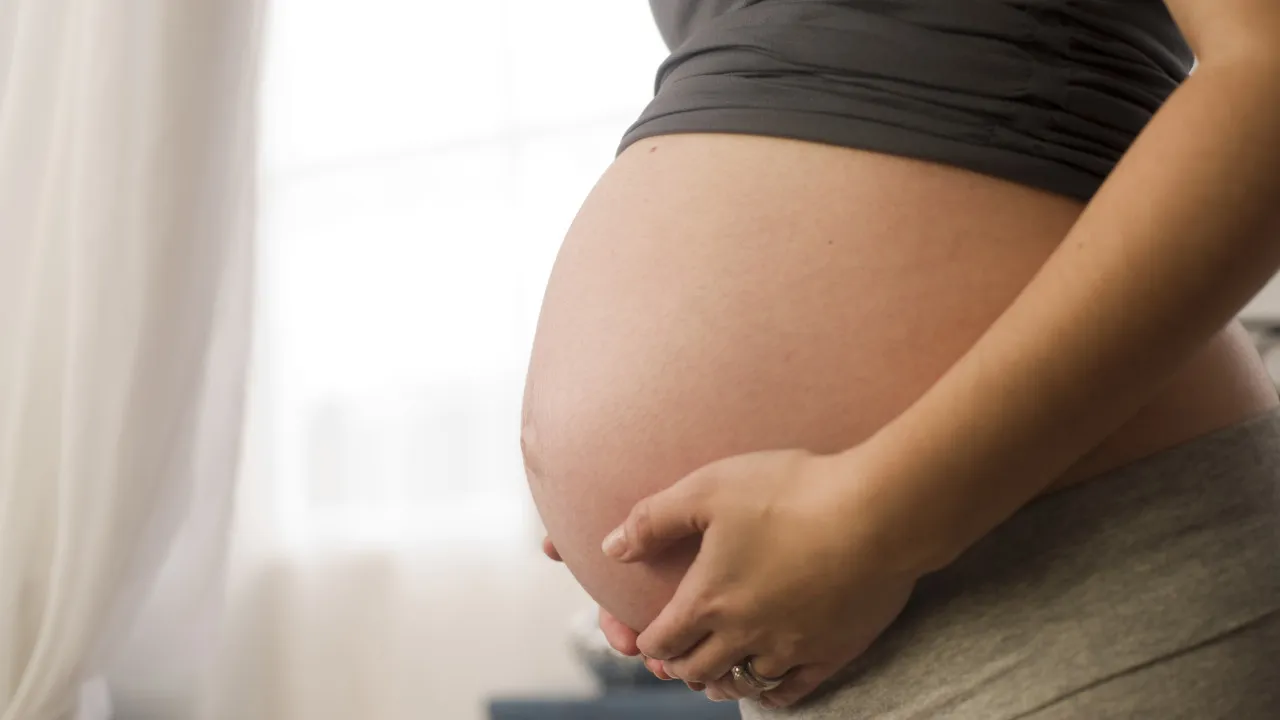
The Assembly of the Republic engaged in discussions this morning concerning the elimination of the concept of obstetric violence. This debate was initiated following the submission of a draft law in June by CDS-PP, which proposed repealing the law passed in March based on suggestions from the Left Bloc and PAN.
João Almeida from CDS-PP argued that his party chose “the path of revocation because the law is so poorly crafted that it is better to start from scratch.”
Nonetheless, he expressed willingness to discuss the issue in detail, although the discussion would exclude the concept of obstetric violence, which the party intends to remove.
Following CDS-PP, PSD also presented a draft law, arguing that the existing concept of obstetric violence is “too broad and undesirably vague,” and thus seeks its removal.
Social Democrat Ana Oliveira stated that “the law is severely restricting the work of doctors and nurses” and was made without consulting specialists in the field.
“It presents many positive points but failed where it shouldn’t have,” she added, also acknowledging the possibility of detailed discussion of the law.
PSD and CDS-PP are the only parties advocating for the removal of the concept of obstetric violence, with other parties suggesting that the definition could be improved.
Rita Matias, a deputy from Chega, argued that “it is possible to strive for better clinical practices” and emphasized the need to ensure health services operate effectively to provide healthcare.
From the Liberal Initiative, deputy Mário Amorim Lopes underscored that the current law resulted from work that did not involve the relevant orders and, like PSD, considers it “vague and too broad.”
“Obstetric violence can be defined as a willful violation of women’s rights and not as a result of the decision,” he argued, adding that detailed discussion of this law is possible and that revocation is not the solution.
Livre also introduced a draft law aiming to expand the legal definition of obstetric violence to include “all forms of physical, verbal, psychological, and emotional abuse, as well as institutional practices.”
Today, deputy Isabel Mendes Lopes emphasized that repealing this law would be a setback and that “the existence of a law is never frightening.”
For PS, the approach does not involve revocation. Irene Costa supported the proposals for detailed discussion of this issue: “This law is not an obstacle for women; it is indeed a guarantee.”
The law passed in March resulted from proposals by the Left Bloc and PAN, with both parties now open to discussing the concept of obstetric violence in detail.
“We can define, deepen; there is no need to eradicate. If the issue is the lack of regulation, it is possible to regulate,” said Mariana Mortágua, leader and sole deputy of the Left Bloc.
PAN’s sole deputy also supported the idea of discussing the concept further, even including psychological violence in the definition. “The obstetric violence law was an important advance, and we want it to go further,” added Inês Sousa Real.
For PCP, it is necessary to “face reality,” ensuring the functioning of all emergencies, with deputy Paula Santos also advocating for the creation of conditions to guarantee women’s rights.




